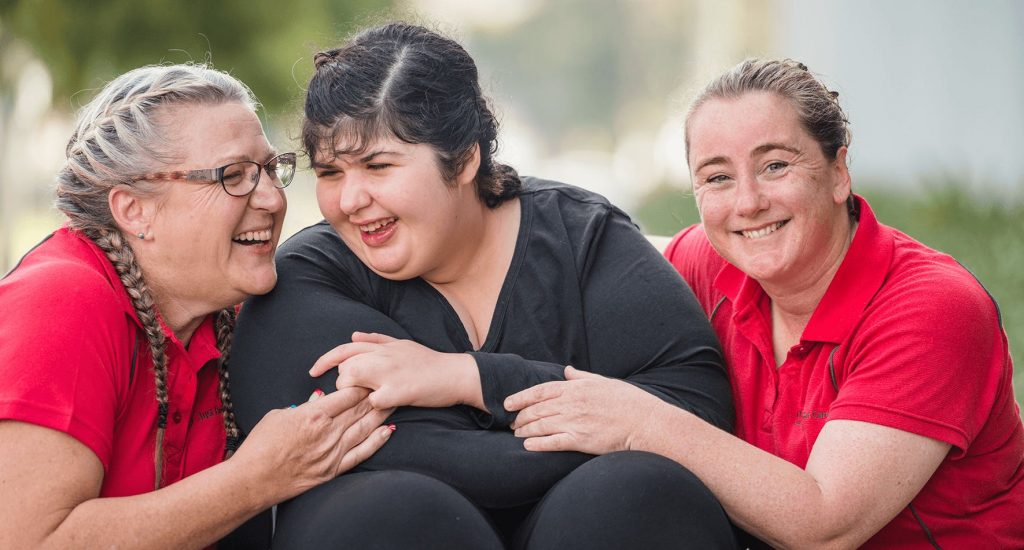The process of providing disability care and support for people with disabilities is complex and difficult. This is largely due to the lack of precise federal standards and legislation at both the state and federal levels. According to the Center on Medicaid and Social Services at least 62 millions Americans need some type of assistance or disability care because of their medical condition. When they are unable or unable to work, those who are in need of disability assistance are often denied it. Many people who are eligible for disability benefits do not receive them properly due to a lack in communication and paperwork at government level.

"The disability care system" is often inequitable, underfunded, fragmented, ineffective, and leaves those with disabilities with little choice but to accept their fate. Most people who receive social insurance disability payments do not receive enough money to cover their basic needs. People who are "disability eligible", often do not receive any additional help when they most need it. Those who do receive some assistance often find themselves trapped in a system which does not allow them to receive adequate care. Many people who are entitled to disability benefits have already lost them as a result of a lack or resources.
Types of Disability Care
People who have to care for people with disabilities must be disability services victoria. There are many kinds of care that can provide significant support for someone with a disability. There are many options for people with disabilities to receive care. These include community-based, part-time and full-time. Caregivers must meet specific qualifications in order to be eligible for these various types of care. The family should carefully choose the caregivers who will care for disabled relatives to ensure the best possible outcome. Caregivers should have the ability to provide the specific type of assistance needed for the duration of the individual’s NDIS Cheltenham.
Types of Disability Care
Part-time care may include the ability to assist the patient with basic bodily functions such as getting up and going down to the toilet. Part-time disability assistance can involve assisting the patient with everyday tasks, such as dressing, cooking, using the toilet, and shopping for food. Community-based support is provided to those who require additional support such as companionship, clothing and transportation. Although Social Security Disability Benefits can not be guaranteed that all people will receive the same level of support, they are often able to make the decision to use these types of services.
Types of Disability Care
Most people who are disabled decide to enter into a long-term disability care program, either through their own efforts or the provision of an aide to assist them. Aides are professionals who can provide emotional and personal support to those in crisis. Some people prefer to stay in long-term care facilities, while others opt to move into in-home care once their long-term needs have been met.
Types of Disability Care
Medicaid is the most commonly used method to receive disability assistance. Some states, like Illinois require that recipients complete a longer application procedure before receiving benefits. Some benefits are also dependent on income and assets. Medicaid recipients can receive partial to full assistance through federal and state programs. However due to rising cost, most Medicaid beneficiaries do not get this benefit.
A similar program, known as Personal Care Services, is provided to certain in-home caregivers. This type allows people who are unable and unwilling to care for themselves to get the help of someone else. Personal Care Services recipients receive both medical and emotional support. However, some receive only the latter. Personal Care Services may also be available to moderately disabled individuals who do not meet Medicare eligibility.
Anyone who is eligible for Social Security disability assistance should be aware that it is possible to receive it. However, since many seniors have both Medicare and Medicaid, it is possible that they may not be eligible to receive Social Security disability support. For these individuals, it may be helpful to speak with Medicare providers about available options. You may appeal a denial of Social Security disability benefits if you don’t meet the requirements.
